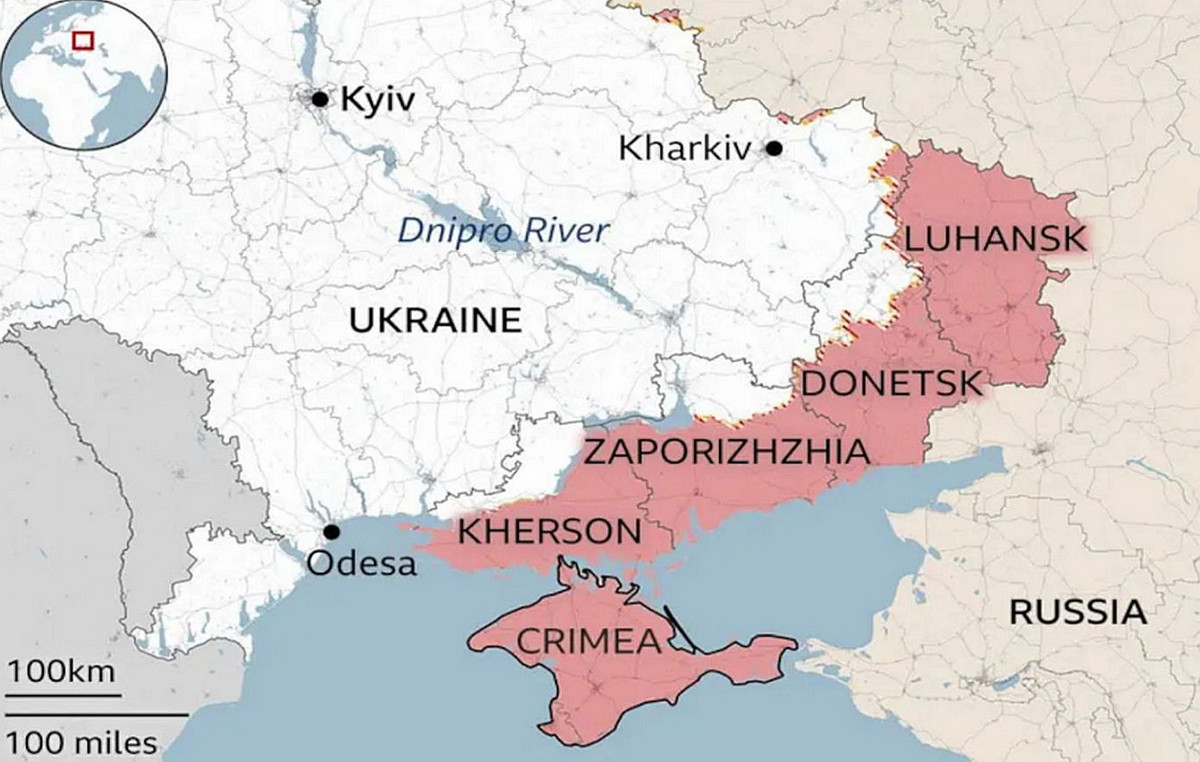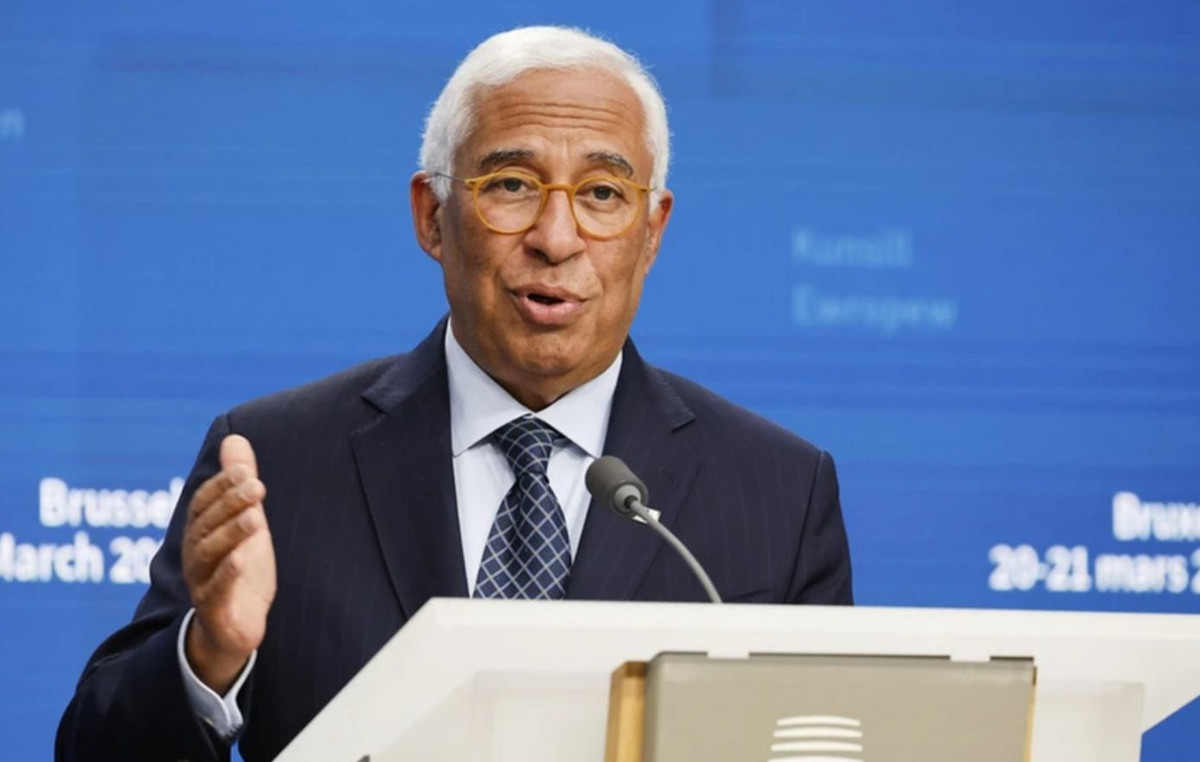Her Eleftherias Kourtali
We are entering a new market regime unlike any other in the last half century, as BlackRock points out in its 2022 Outlook report. combined with falling bond prices. He also said that central banks are starting to raise interest rates, but remain more “tolerant” of inflation as the economy restarts. However, inflation is expected to stabilize above the pre-Covid trends. In short, as BlackRock points out, in 2022 we will live with inflation. As a result, stocks will outperform bonds, but investors will need to be more careful about their risk positions due to the wide range of possible outcomes in 2022.
More specifically, as he points out, 2022 will offer gains on shares and losses on bonds for the second year in a row, something that will happen for the first time in history, at least since then there is data recording (1977). This unusual result is the next phase of the new era in the markets that (new nominal) is still taking place: Central banks and bond yields are responding more slowly to higher inflation than in the past. This should keep real or inflation-adjusted bond yields historically low and support stock valuations. It is rare for global stock returns to be positive and bonds to be negative in any calendar year, let alone for two consecutive years, BlackRock points out.
Why did this happen in 2021? The strong resumption of economic activity has led to severe inflationary pressures and supply constraints. Most central banks in developed markets did not respond, which deviates from the usual precautionary tightening of the past. This was the element that marked the beginning of regime change in the markets. Nominal government bond yields rose and prices fell, but real yields remained historically low amid rising inflation and stock support. Corporate earnings increased as the restart began, leading to oversized stock gains.
The big change in 2022: Central banks will withdraw some monetary support as the restart does not need any further incentives. As a result, BlackRock is seeing more modest stock returns. He expects the Fed to start raising interest rates, but will remain more tolerant of inflation than in the past.
The Fed has long met its inflation target, so the timing and pace of interest rate hikes will depend on how it interprets its “broad and inclusive” employment mandate.
The European Central Bank is facing a weaker outlook for inflation and is likely to remain even more relaxed in its policy.
In this context, as he emphasizes, inflation will be the No. 1 issue of the markets in 2022. It is expected to decline but to move to higher levels than before Covid, even when the bottlenecks in supply subside.
The second issue of markets in 2022, is tackling the confusion that grips markets. In its baseline scenario, BlackRock expects that new coronavirus variants will delay, but will not derail, the restart thanks to effective vaccination campaigns. Although they may have an impact on industries and the macroeconomic environment in the short term, the big picture remains the same: Less growth now means more growth later. However, as BlackRock warns, we are dealing with a series of unprecedented events: a reboot, new variants of the virus and untested frameworks in central bank policy. This means that the view of the new market regime could be wrong in terms of policy response or growth prospects – and increases the range of possible outcomes. That’s why BlackRock points out that it would be better for investors to limit risk-taking in the new year.
How to make a profit on the market regime?
In this context, BlackRock emphasizes that it prefers stocks in the inflationary environment of the strong restart. It prefers the shares of the developed markets over the emerging markets, as it slightly reduces its risk amid increasing risks in its baseline scenario. It is underweight in government bonds in developed markets as it sees yields gradually rise but remain historically low. It prefers inflation-linked bonds, in part as portfolio “diversifiers”.
As it turns out, its strategic asset views – a broad preference for equities over government bonds – remain stable despite Omicron and due to the strong restart of the economy. We also like private markets for their diversification and performance capabilities. For more details, visit the updated guidelines and detailed item category views.
.
I am Sophia william, author of World Stock Market. I have a degree in journalism from the University of Missouri and I have worked as a reporter for several news websites. I have a passion for writing and informing people about the latest news and events happening in the world. I strive to be accurate and unbiased in my reporting, and I hope to provide readers with valuable information that they can use to make informed decisions.







